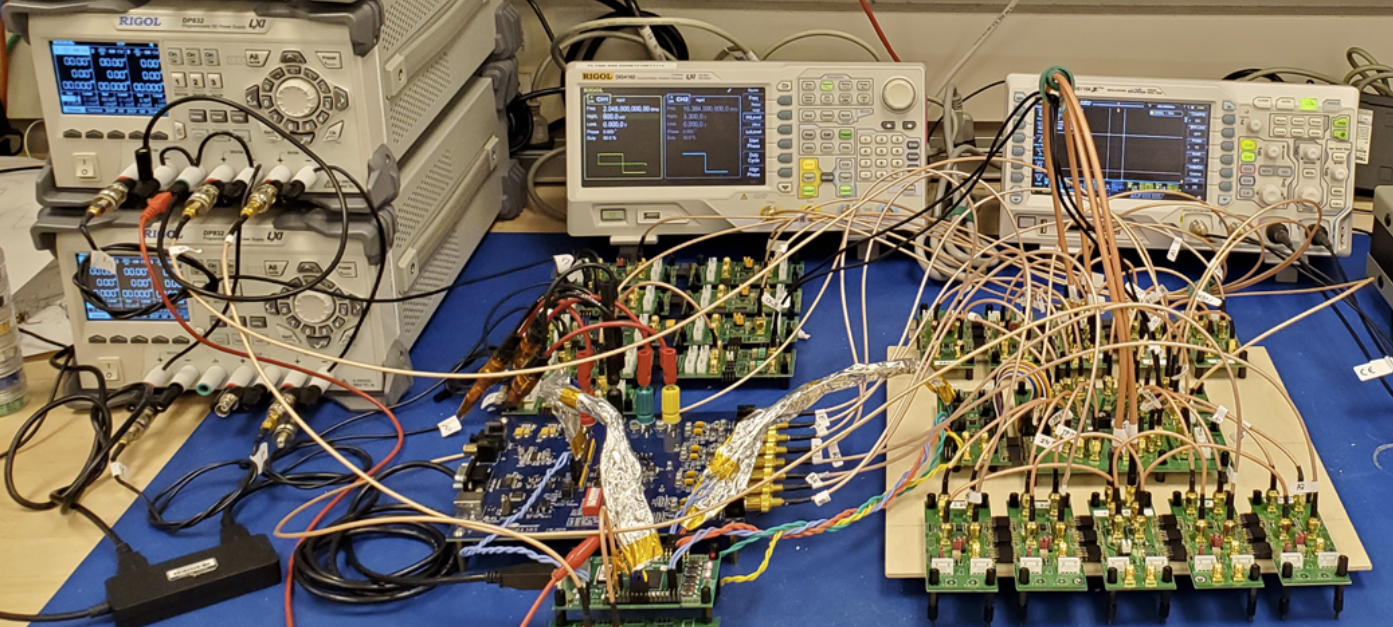Research to advance low-power speech recognition highlighted by Intel

 Enlarge
Enlarge
Prof. Michael Flynn’s collaboration with Intel related to low-power, on-chip speech recognition resulted in an Intel 2020 Outstanding Researcher Award. He is one of 18 recognized for advancing emerging innovative technologies.
Speech recognition technology allows individuals to control smart devices or receive information from the Internet with applications such as Amazon’s Alexa. Alexa works by using a device called an Echo to listen for the appropriate command, ie, “Alexa,” before acting on that command.
The Echo is a device measuring approximately four inches that includes four microphones. Once it perceives a command, it sends the data to the cloud to be processed. This takes significant power because the device is actually listening all the time. Those concerned with privacy may avoid the technology altogether.
So Flynn decided to tackle the problem of processing all the data on-chip, rather than in the cloud. Such on-chip processing would require a sharp reduction in the power needed to accomplish several actions: zero in on the command, digitize it, and then do the speech processing required to interpret the command.

 Enlarge
Enlarge
Flynn is applying his breakthrough technology in beamforming to reduce the energy cost and die area for speech recognition by an order of magnitude. He has already developed a single chip with 8 high-fidelity ADCs, beamformer, and feature extraction that runs on less than 3mW, and plans to add a neural network to the chip.

 MENU
MENU 
